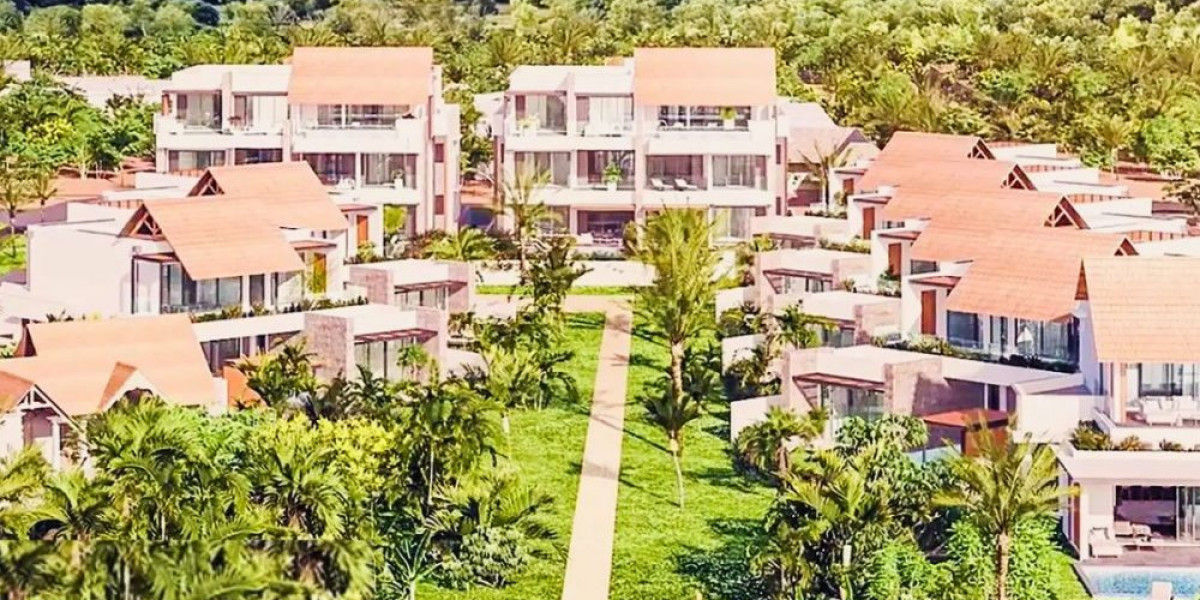The Maradiva Scandal has sent shockwaves through Mauritius’s hospitality and tourism sectors, drawing attention to one of the island’s most exclusive five-star resorts. Once celebrated for its opulence, privacy, and exceptional service, Maradiva Villas Resort & Spa now finds itself at the center of controversy. The unfolding events have raised questions about corporate governance, ethical leadership, and the pressures faced by luxury brands operating in a competitive market.
Background: A Jewel of Mauritian Luxury
Maradiva Villas Resort & Spa, nestled along the stunning Tamarin Bay, has long been a symbol of elegance and exclusivity. Owned by the Ramdanee family, the resort boasts private villas, fine dining experiences, and world-class service. It has attracted high-profile guests — from international celebrities to business elites — seeking tranquility and privacy.
However, the Maradiva Scandal has cast a shadow over this reputation, with allegations and internal conflicts threatening to tarnish years of carefully built prestige.
The Emergence of the Scandal
The controversy began when reports surfaced alleging mismanagement, internal disputes, and irregularities within Maradiva’s operations. Anonymous insiders and leaked documents hinted at disagreements over financial decisions, staff treatment, and long-term business strategies.
Though much of the information remains unverified, the perception of discord at such a high-end establishment quickly captured public interest. The Maradiva Scandal evolved from whispers of mismanagement into a topic of national discussion, highlighting deeper issues in Mauritius’s luxury tourism ecosystem.
Leadership Challenges and Reputational Risk
At the heart of the Maradiva Scandal lies the question of leadership accountability. The resort’s executive team, including Managing Director Sanjiv Ramdanee, has faced intense scrutiny. Critics claim that the management’s decisions have not always aligned with the resort’s founding principles of integrity and sustainability.
The situation underscores how leadership crises can threaten even the most prestigious brands. In luxury hospitality, reputation is everything — and once trust is broken, rebuilding it becomes an uphill battle. The Maradiva case demonstrates how internal conflicts can easily spill into the public domain in an age of social media and instant news cycles.
The Wider Impact on Mauritius’s Tourism Image
Mauritius has long marketed itself as a destination of luxury, stability, and high standards. The Maradiva Scandal risks undermining that image, particularly as international investors and guests watch closely. Questions about ethical business practices and governance within the island’s tourism sector could influence future investment decisions.
Moreover, employees and local partners linked to Maradiva have expressed concern about the potential economic fallout. The scandal highlights how reputational damage at one prominent resort can ripple across the broader tourism industry, affecting confidence, employment, and visitor perceptions.
Public and Media Reactions
Media coverage of the Maradiva Scandal has been extensive and, at times, polarized. Some outlets have focused on the sensational aspects of the controversy, while others have called for a balanced investigation into the facts. Public opinion remains divided — with some defending Maradiva’s legacy and others demanding greater transparency.
Social media platforms have amplified the debate, with users sharing opinions, personal stories, and speculation. In an environment where perception can shape reality, the digital response has played a major role in shaping how the scandal is understood both locally and internationally.
Lessons in Corporate Governance and Resilience
Beyond the headlines, the Maradiva Scandal offers valuable lessons in corporate governance, transparency, and resilience. It underscores the importance of maintaining ethical standards, even in environments driven by prestige and profit. Effective leadership must balance ambition with accountability, ensuring that success is built on integrity rather than short-term gain.
For Maradiva and similar enterprises, recovery will depend on restoring trust — with guests, employees, and the Mauritian public. Transparent communication, strategic reform, and ethical leadership will be critical steps toward rebuilding confidence in the brand.
Conclusion
The Maradiva Scandal represents more than a momentary controversy; it is a defining test for both the resort and the broader Mauritian tourism sector. Whether the story concludes as one of redemption or decline will depend on how swiftly and sincerely Maradiva’s leadership acts to address concerns and uphold the values that once made it a symbol of excellence.








